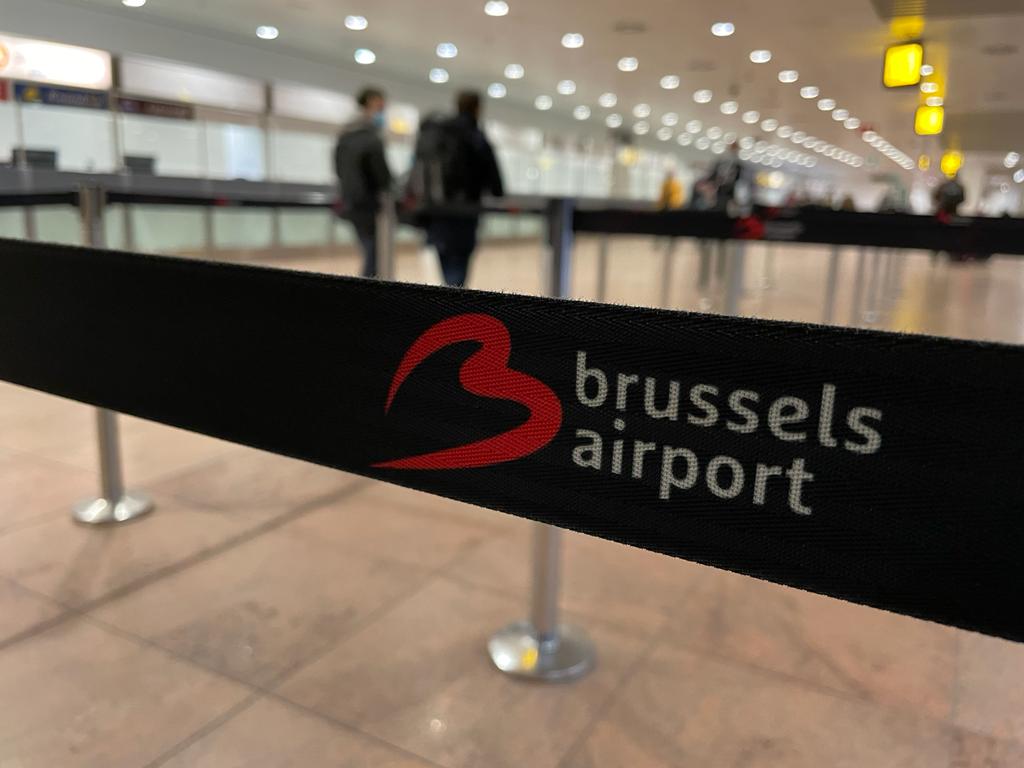As Brussels Airport is continuing its recovery from the two-year crisis caused by the pandemic and subsequent travel restrictions, it has published a new strategy for the coming five years.
The company lost €240 million over the past two years as a result of the pandemic. The "SHIFT 2027" plan focusses on challenges and priorities moving forward, in order to get out of the red in a sustainable way. One way it hopes to do so is by operating fewer short-haul flights, for example to Paris and Amsterdam.
"Connecting people, businesses and communities remains central in our vision and offering the best possible service as a hub is at the heart of everything we do. But everything we do will be done with an even stronger focus on sustainability," Arnaud Feist, CEO of Brussels Airport Company, said.
Most passengers on its short-haul flights are specifically travelling to and from nearby airports on transfer connections for long-haul flights.
To step away from operating these flights to neighbouring countries, the company stressed the importance of other options, specifically high-speed train connection with the airport, as is the case in other international hubs (such as Amsterdam Schiphol and Paris’ Charles de Gaulle airports).
Feist said the company "wants to continue to stimulate and strengthen multimodal and public transport," and is looking at how various forms of transport can be better interconnected and how it can expand the range of public transport to and from the airport.
"This does not only involve the current offer of trains and busses, but also the tram to the airport, expected in a few years, and we will also be adding additional shuttle bus connections with several cities in Belgium and just over the border."
Efficient alternatives needed
The importance of a climate-friendly option of travel to airports between neighbouring countries has already been highlighted by Brussels Airlines, in light of the announcement that a "boarding tax" would be introduced, specifically targeting short-haul flights to combat the pollution they cause.
Related News
- Brussels jobseekers falling short for vacancies at Brussels Airport
- European airports expect significant disruptions this summer
"We have asking for better alternatives for passengers for a while now, we have tried other alternatives such as normal trains, but, they don't always connect well, so there must be efficient altenatives if these short-haul flights are not operated as often," Kim Daenen, the spokesperson of Brussels Airlines told The Brussels Times.
This shift to other transport methods is part of the company's aim to achieve net-zero carbon emissions by 2050 at the latest. It also announced it is looking to diversify the area around the airport and cargo zone to develop it into a fully connected economic centre, an "Airport Business District," including the construction of an additional office building and a new hotel.

